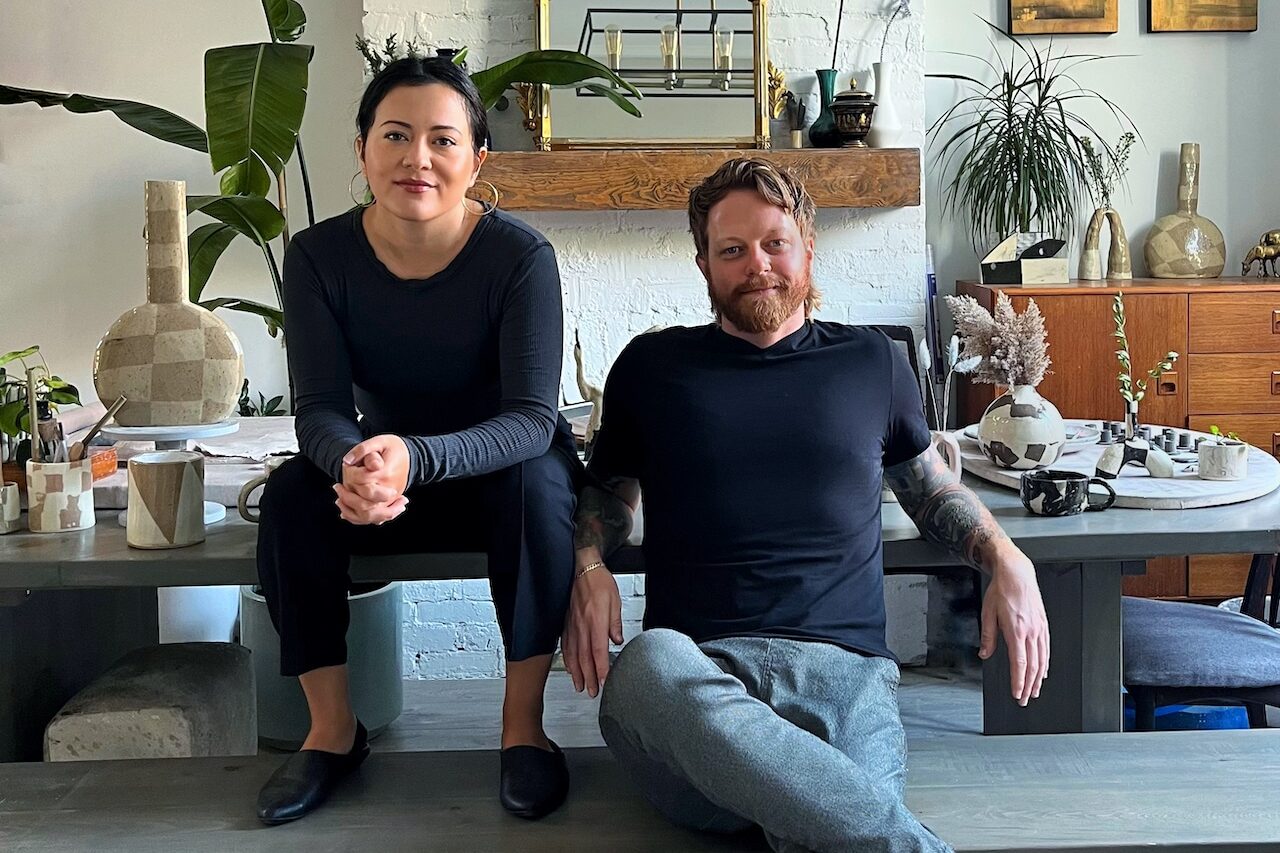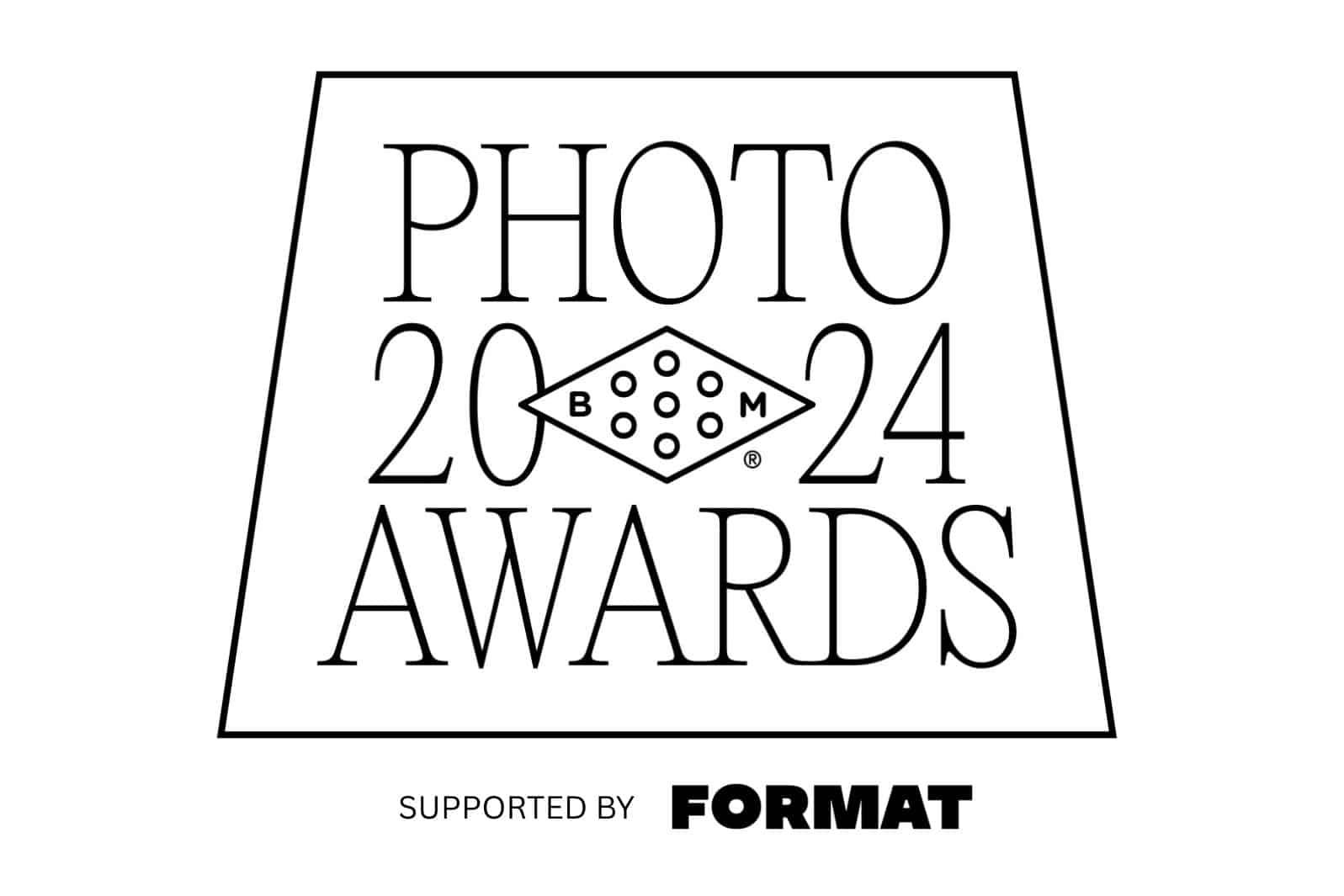New research from a UK startup has found that 70% of creative freelancers were asked to work for free in 2016.
Authored by Approve.io, a rapid approval tool for freelance designers, the study found that 85% of graphic designers surveyed had been asked to work for free. What’s even more alarming is that 9% of those designers asked to work for no pay said yes.
Of all the professions that took part in the study (which included photographers, developers, journalists, illustrators, and more), graphic designers were second most likely to be asked to work for free. Only photographers were asked more.
Why is this happening?
Put simply, it’s entitlement. Go on Twitter right now and search for the latest tweets containing the words “happy to credit you” and you’ll see a who’s who of media conglomerates and PLC brand accounts trying to score free content from creators.
There’s something about those words “happy to credit you” that will definitely stick in the craw if you think about them for too long.
Sure, it’s not the same as directly approaching a professional designer and asking them to work for nothing, but it does illustrate the attitude adjustment necessary for large organizations and freelancers of all levels to coexist peacefully.
A number of high-profile campaigns have already addressed this issue, but the power brands aren’t listening.
Zulu Alpha Kilo, “the real creative agency with a parody website” addressed the problem with a short video, #SayNoToSpec, which depicts how bizarre it would be if, for example, personal trainers and baristas were asked to provide goods and services on spec.
The Oatmeal has sent up this problem with a cartoon. And in the UK, supermarket chain Sainsbury’s got put on blast for their shameless attempt to recruit an artist to paint a canteen in one of their stores for free.
Yet here were are, still talking about the problem.
Psychologist and occupational health expert, Professor Sir Cary Cooper places the blame squarely on narcissistic budget holders.
He believes big businesses have tricked themselves into believing freelancers need the exposure and as a result, have developed a skewed sense of what an association with their brand is worth.
“I think this is a serious problem,” Cooper says. “It’s natural for freelancers to look to build relationships with potential clients, and working for free is tempting when the client dangles the carrot of future commissions.
“But it rarely works out the way the freelancer expects, and it can lead to a broad lowering of demand for experienced, but comparatively expensive, professionals.
“Some businesses, especially those in glamorous or competitive industries, do suffer with a sense of entitlement. They appear to believe that having their name on your portfolio is payment enough for a young, inexperienced freelancer.”
Doing it for the inexperience
One of the most common justifications businesses give to freelancers (and freelancers give to themselves) is that if the exposure isn’t enough, the experience is valuable too.
This is also one of the biggest myths about freelancing for free. Even for freelancers starting out, keen to build a portfolio, working for free is not good experience. Here’s why.
As a professional who chooses to make their living on a freelance basis, you assume a lot of risk. There’s the risk of invoices going unpaid, the risk that you’ll get sick and have no cover, the risk that you’ll have a prolonged dry spell. So to mitigate those risks, you develop a set of resilient business skills.
To make a living as a freelancer, you need to know how to negotiate your fees, how to invoice properly, how to chase late payments without alienating your clients, how to manage your own finances and how to expense the expense-able. You won’t learn any of these things working for free, for exposure or for experience.
“But it’ll be good to start a relationship with this company…”
This is another myth that benefits the businesses. Yes, you want this company as a client and they know that perpetual lure of future commissions will keep you interested. But, as Cooper points out, it rarely works out like that.
But don’t take it from me, or from Cooper. Take it from someone who actually hires freelance creatives.
Charlotte Whelan is a project manager with Approve.io, who conducted the research cited above. As a technology-first business, Approve.io’s focus is on development, so they rely on the talents of freelancers when they need creative input. She believes that freelancers who work for free diminish their own value.
“If you’re not paying someone, you’ve got to wonder what commitment they’ll have to the project if a paid gig comes their way,” say Whelan. “Agreeing on a fee for a project gives clarity of expectation to both parties. There’s something to lose if either party doesn’t hold up their end of the bargain. That’s why good businesses can’t risk hiring people for free.
“Aside from the ethics of requesting free labour, businesses are doing themselves no favours by attempting to get work done for free. Our study has shown that this sort of conduct could be driving freelancers away from independent employment and into traditional employment. Bad news for lots of us.
“Our business relies on the talents of freelance developers, designers and copywriters. We know that if they take their talents in-house, we’ll suffer from their absence, so we like to pay them with actual money, not intangible offers of ‘exposure’ or ‘experience’. Otherwise they’d be unable to sustain their livelihoods and we wouldn’t have the benefit of their talents.”
Just say no to spec work
Saying yes only encourages this kind of behaviour from businesses and lowers demand across the design industry. Rebuffing speculative approaches from businesses doesn’t need to be complicated or even require a justification on your part.
Politely say “No thanks,” or use your creativity to drive the message home clearly. For inspiration, take a look at this handy flowchart by Jessica Hische, or these illustrations by Emmie Tsumura. Don’t waste time trying to negotiate, and resist the guilt. It’s normal to feel like you’re throwing away a career opportunity by turning down an opportunity to work with a potential future client. That can lead to guilt and anxiety. To assuage this, plough your energy into a passion project.
Keep records
Sometimes businesses are used to their free work requests being rejected, so they reel you in with imaginary fees on which they later renege. It’s more common than you’d think. According to Approve.io’s study, 27% of the creative freelancers who were asked to work for free were originally offered a fee.
By getting everything in writing at the very start, unscrupulous businesses won’t be able to gaslight you into thinking you agreed to work on-spec or completely for free. This will also help you recover any unpaid invoices.
To protect against being caught off-guard, cyber security expert Steve Roberts recommends going one step further, setting up a system to record all business phone calls to avoid fee disputes. He explains that since freelancers don’t have a personnel department to help them when things go wrong at work, recording work conversations is the next best thing. Keep it legal by declaring on your website’s contact page that calls may be recorded.
So, is it ever okay to work for free?
That depends if “free” means totally without reward, or in return for something useful. I once did some work for an agency in return for being able to use their office for a month. It was a fair deal for both parties. That sort of agreement may work if you’re looking to reduce your overhead costs, but want an inspiring, social environment to work in.
But be warned, those “fun” offices you’ve been lusting after on Instagram may not be as inspiring as they appear. New research from a storage company in London has found that fun-loving start-ups are beginning to ditch the quirky perks like hammocks and ping pong, as workers aren’t benefiting as much as expected. Be aware of the benefits you’ll be getting in lieu of payment. If you receive a genuine, tangible benefit in return for your work, go for it. If not, probably best to skip it.
There are a few other instances where working for free can be acceptable. Working for a good cause that you care about can be rewarding in many ways. But make sure it’s directly through the charity or organization in question, and not through an agency that’s been given a budget to pay you.
Helping out family members or friends is fine, provided you want to do it and it’s not at the expense of paid work. Otherwise, put the energy into finding clients that respect you and appreciate what you can do for them. Check out this list of freelance work websites to get started.












